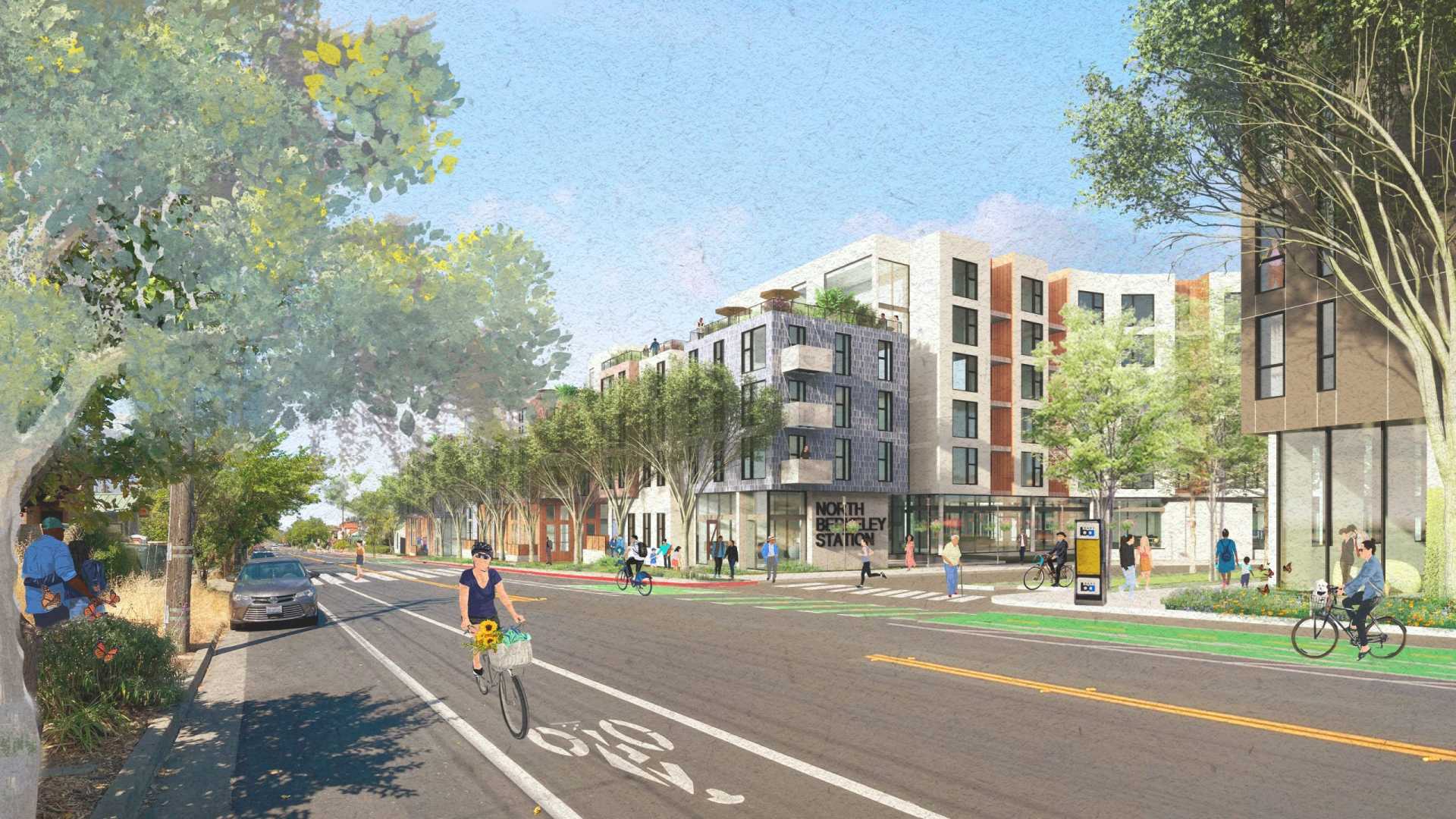News
Berkeley City Council Funds Record Affordable Housing Investment

BERKELEY, Calif. — The Berkeley City Council approved a historic allocation of $53 million for affordable housing near two BART stations on Tuesday night.
This decision marks the largest single investment in the city’s history dedicated to affordable housing. The funding will support the development of hundreds of new affordable homes at the Ashby and North Berkeley BART station parking lots.
Mayor Jesse Arreguin praised the council’s unanimous vote, calling it the result of extensive community planning. “But it’s the wisdom of Berkeley’s voters that made this possible,” he said in a statement.
The project is set to provide at least 35% of the units as affordable, equating to 298 units at Ashby and 271 at North Berkeley, according to the staff report. However, estimates of the project’s final design are still at least a year away, according to the mayor’s office, and the total cost remains undetermined.
Potentially, the Ashby station could feature up to 850 apartments, while the North Berkeley station may include 775 apartments, as outlined in city documents. BART aims to finish construction by 2031.
The council also directed the city manager to explore the possibility of another bond measure to support housing or infrastructure needs, aiming for 100% affordable housing at either or both sites. The projected cost for a fully affordable project is estimated at $302 million, according to the report.
Of the city’s funding, $40 million will derive from Measure O, a $135 million housing bond approved by Berkeley voters in 2018 with 77% support. An additional $13 million will come from future affordable housing mitigation fees or another source to be identified in 2024.
The initiative is part of Berkeley’s broader housing strategy to foster an equitable and sustainable community. Voters also passed Measure U1 in 2016, a tax designed to raise approximately $2.98 million to $3.45 million annually for housing development and retention.
In June, the City Council is expected to vote on the Tenant Opportunity to Purchase Act, allowing tenants the first chance to collectively buy property they rent if it is sold.
“By taking these actions, Berkeley officials aim to show that by working together we can achieve the goals of ending the affordable housing crisis and homelessness epidemic,” a statement from the mayor’s office said.












